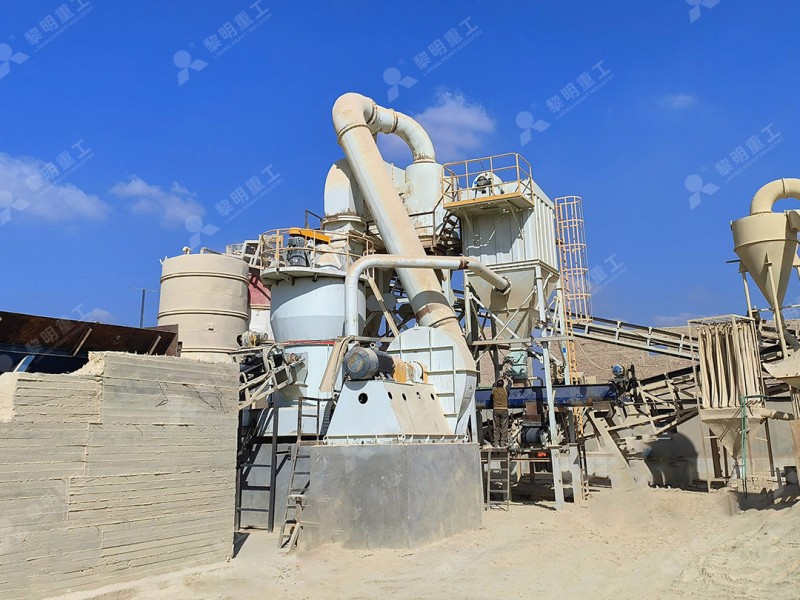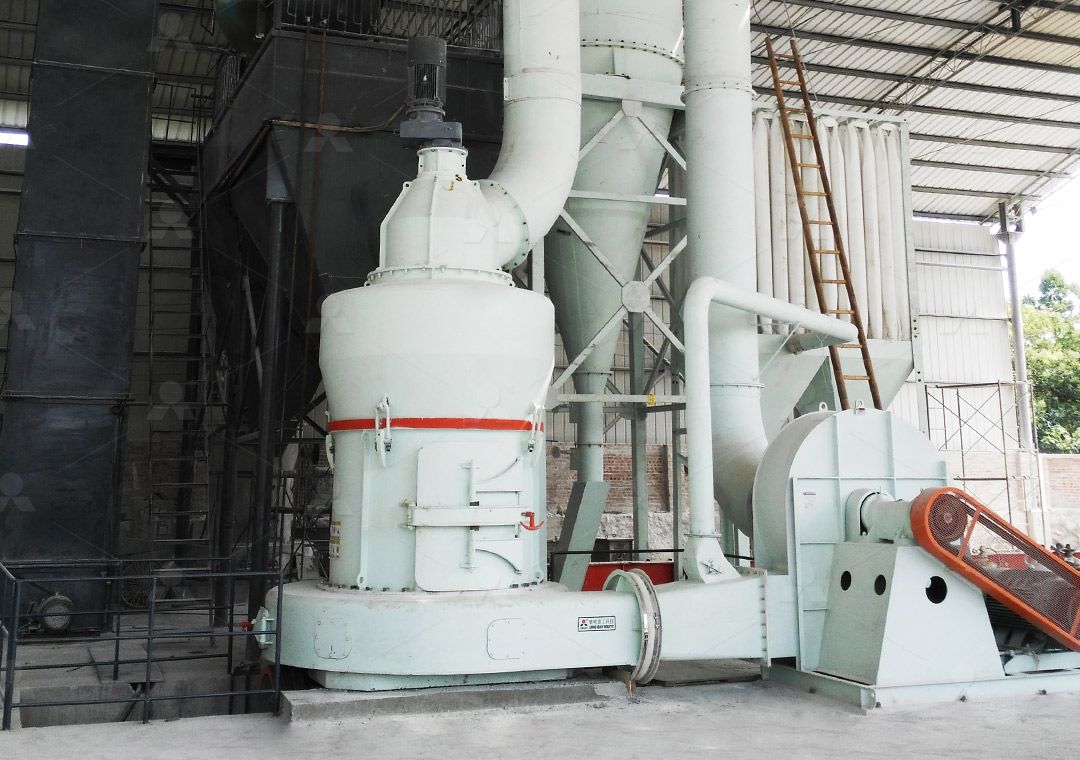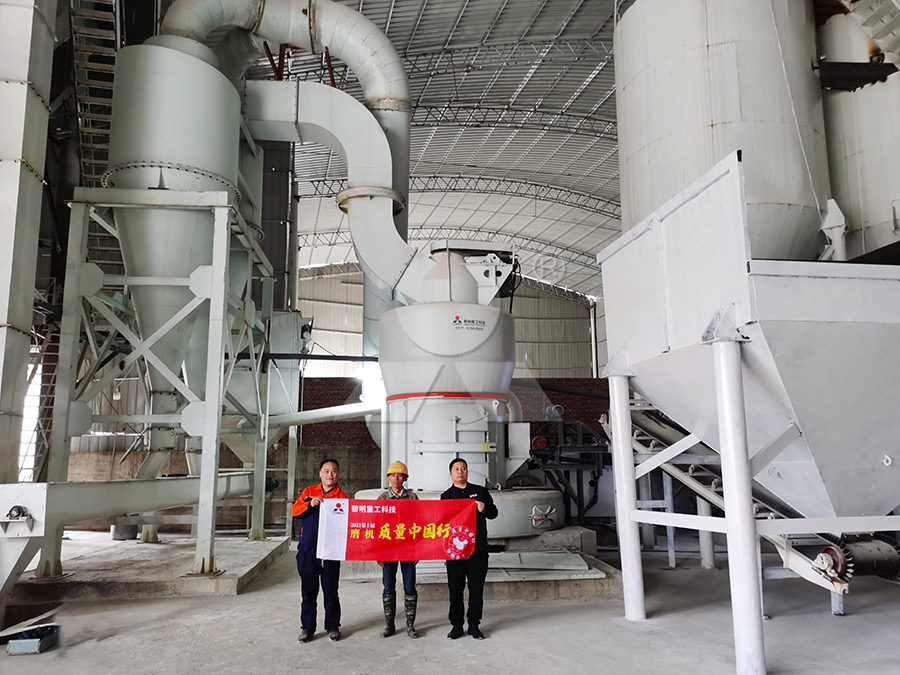Cost of Trapezium Mill for Agricultural Soil Limestone Adjustment 150 Mesh 8TPH
Optimizing Soil Health: The Economics of Limestone Grinding for Agriculture
Agricultural limestone application remains one of the most effective methods for soil pH adjustment, crucial for maximizing crop yields and nutrient availability. For agricultural operations requiring consistent production of 150-mesh limestone powder at 8 tons per hour, selecting the appropriate grinding equipment becomes a critical financial and operational decision. The choice between various mill technologies directly impacts both initial investment and long-term operational costs.

Traditional grinding approaches often involve multiple processing stages and significant energy consumption. However, modern trapezium mill technology has revolutionized this process, offering substantial advantages for agricultural lime production. The specific requirements of 150-mesh fineness at 8TPH capacity demand equipment that balances precision grinding with operational efficiency.
Key Cost Considerations for Agricultural Limestone Milling
When evaluating trapezium mill costs for agricultural applications, several factors significantly influence the total investment:
- Energy Consumption: Grinding operations typically account for 60-70% of total processing costs
- Maintenance Requirements: Downtime and replacement part costs directly impact profitability
- Production Consistency: Uniform particle size distribution ensures optimal soil amendment performance
- Environmental Compliance: Dust control and noise reduction measures affect operational costs
For operations targeting 8TPH output of 150-mesh agricultural limestone, the MTW-Z European Trapezium Mill presents an optimal solution. With its input size capacity of 0-50 mm and throughput range of 3-55 tph, this mill comfortably handles the specified production requirements while offering advanced features that reduce long-term operating expenses.
Technical Advantages for Agricultural Applications
The MTW-Z European Trapezium Mill incorporates several innovations specifically beneficial for agricultural limestone processing. The diluted oil lubrication system eliminates frequent maintenance intervals, while the absence of shovel blade cylinders increases ventilation area and reduces air-conveying resistance. These features translate directly to reduced operational costs and improved reliability.

For operations requiring even higher precision and efficiency, the MW Ultrafine Grinding Mill offers exceptional capabilities. With its adjustable fineness between 325-2500 meshes and capacity range of 0.5-25 tph, this equipment provides flexibility for operations that may expand their product line to include finer soil amendments or other agricultural minerals.
Operational Efficiency and Return on Investment
The economic viability of trapezium mill investment for agricultural limestone processing extends beyond initial purchase price. Operations achieving 8TPH of 150-mesh material must consider:
- Energy savings from optimized grinding curves and reduced resistance systems
- Reduced labor costs through automated operation and minimal maintenance requirements
- Improved product quality leading to better soil amendment performance and customer satisfaction
- Environmental compliance costs avoided through integrated dust collection systems
The elastic volute damping structure in modern trapezium mills ensures stable operation, minimizing vibration-related damage and maintenance costs. This feature is particularly valuable in agricultural processing facilities where consistent operation is essential during critical application seasons.

Long-Term Value and Operational Stability
Agricultural operations must consider equipment longevity and reliability when investing in grinding technology. The digitalized processing and high-precision manufacturing of modern trapezium mills ensure consistent performance over extended operational periods. The sufficient supply of genuine spare parts and comprehensive technical support further protects the investment against unexpected downtime.
For agricultural businesses processing limestone for soil adjustment, the selection of appropriate grinding equipment represents a strategic decision that impacts operational costs for years to come. The combination of advanced engineering, energy efficiency, and reliable performance makes modern trapezium mills an economically sound choice for 8TPH production of 150-mesh agricultural limestone.
Frequently Asked Questions
What is the typical energy consumption for grinding agricultural limestone to 150 mesh at 8TPH?
Modern trapezium mills typically consume 30-40% less energy compared to traditional grinding systems. The exact consumption depends on material hardness and moisture content, but advanced designs like the MTW-Z European Trapezium Mill achieve significant savings through optimized airflow and grinding efficiency.
How does the maintenance cost of trapezium mills compare to other grinding technologies?
Trapezium mills generally offer lower maintenance costs due to features like diluted oil lubrication systems and wear-resistant grinding components. The absence of rolling bearings in the grinding chamber and advanced material technology extends service intervals and reduces replacement part frequency.
Can the same equipment process other agricultural minerals besides limestone?
Yes, modern trapezium mills are versatile enough to process various agricultural minerals including dolomite, gypsum, and phosphate rocks. The MW Ultrafine Grinding Mill, for instance, handles multiple non-metallic minerals with minimal adjustment requirements.
What environmental considerations are addressed in modern trapezium mill designs?
Contemporary mills incorporate efficient pulse dust collectors and noise reduction technologies that ensure compliance with environmental regulations. The closed-system designs prevent dust emission while maintaining operational efficiency and worker safety.
How quickly can production parameters be adjusted for different fineness requirements?
Advanced trapezium mills feature quick-adjustment mechanisms for fineness control. The cage-type powder selector technology allows rapid changes between different mesh sizes, enabling flexible production scheduling for varying agricultural application needs.
